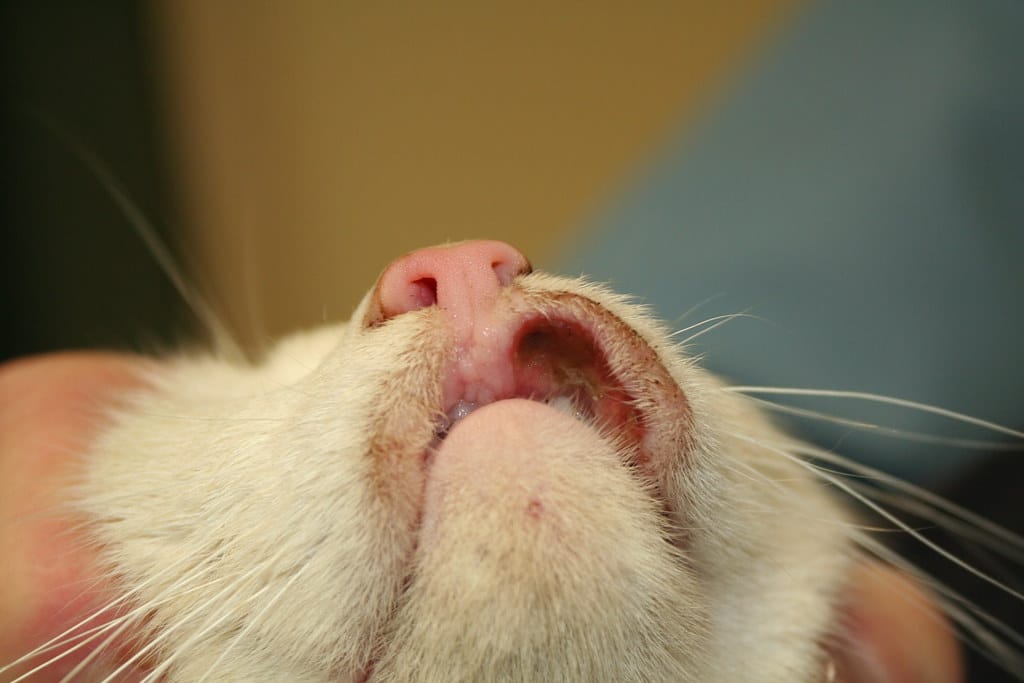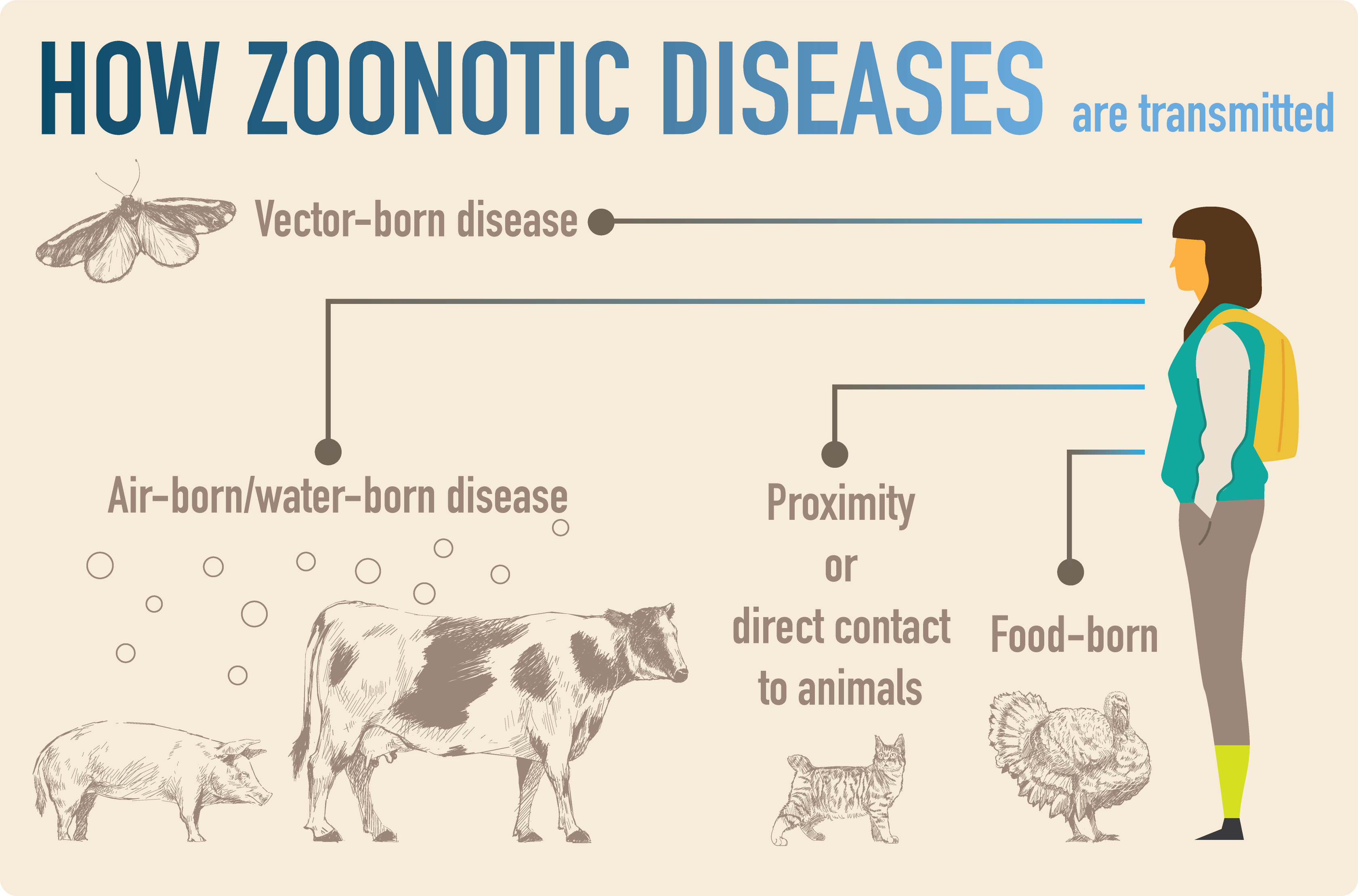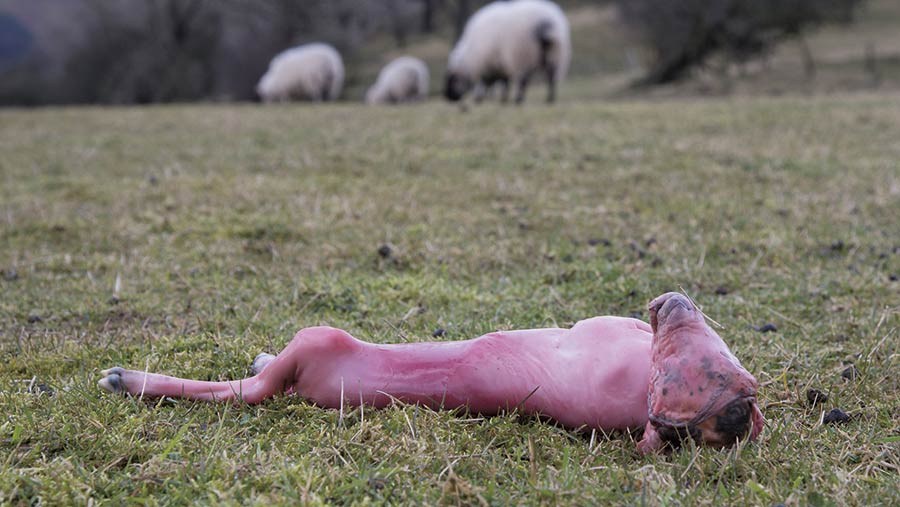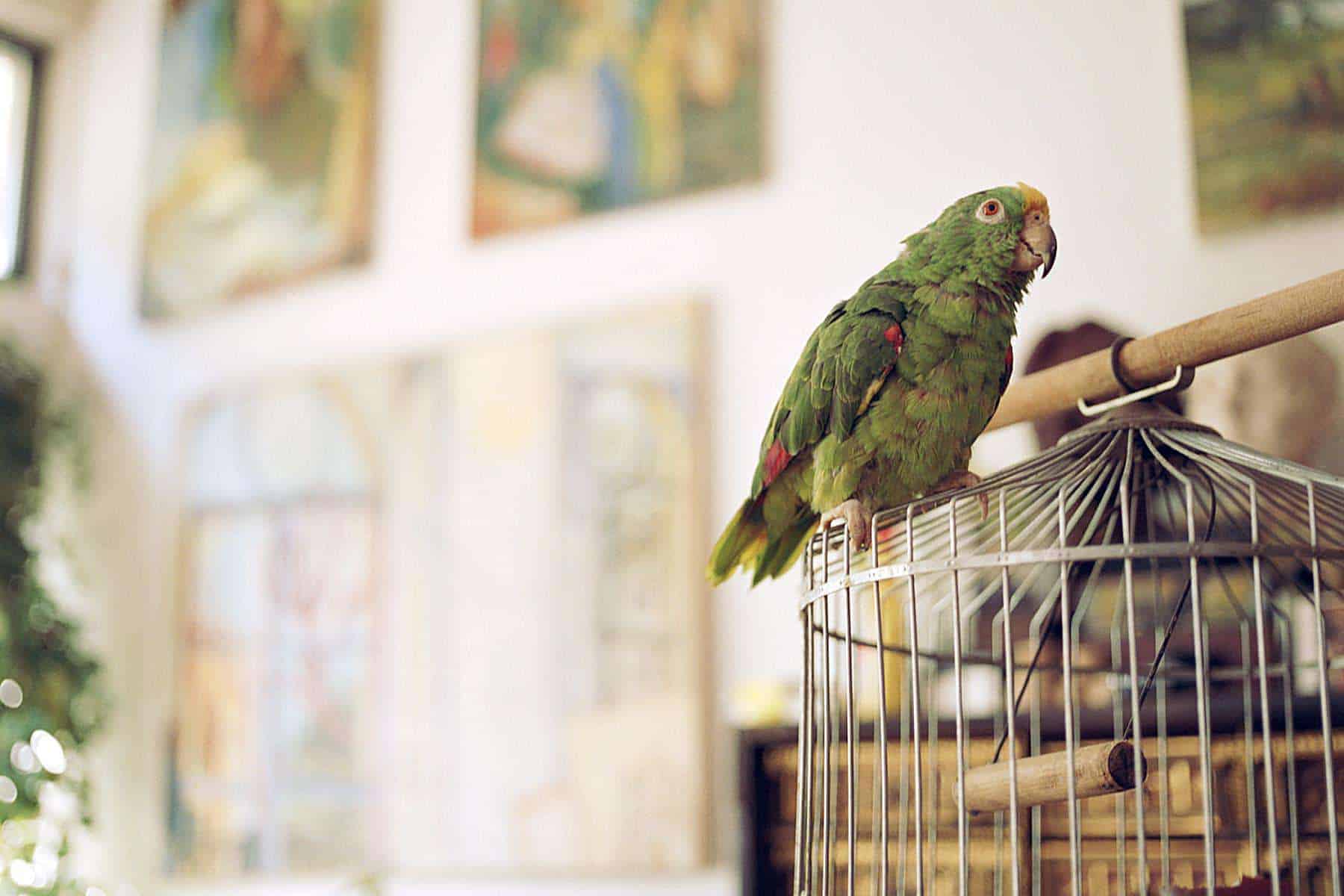Rodent ulcers are appearing in different locations on the body. Sometimes the causes are hard to find making them a medical conundrum.
Rodent ulcers can be found in the mouth or on the tongue.
They can be pink and inflamed looking or they can be yellow and give off puss. The cause of these ulcers remains unknown but it is believed they are the result of an allergic reaction.
Finding the exact allergy can be a challenge. If your cat has these ulcers you need to bring them to the vet to get medical attention.
Rodent Ulcers are not From Rodent Bites
These ulcers are known as a misnomer. They do not get this ulcer from biting or being bite by rodents. The ulcer is a type of skin disease.
The ulcers also contain eosinophilic granuloma complex which is a type of red blood cells.
Symptoms of Rodent Ulcers
The ulcers are common on the lips, mouth, and on the tongue. They often look like a sore. Other ulcers can resemble a tumor. These ulcers can also be a yellow-pink in color and may look like they are going to puss.
They may or may not be painful depending on the location or the size. The ulcers in the mouth can lead to issues with swallowing and the cat may not want to eat.
If they are inflamed, they need to be checked out right away. The ulcers are easy to treat with medication but they can mean something else may be wrong.
What Cause Rodent Ulcers?
The exact cause is unknown. EGC disease shows up in different ways. There is research being conducted to determine the cause of rodent ulcers. The ulcers can be due to an allergic reaction.
This can be due to reactions to food, bug bites, fleas, allergens in the air, or other irritants. If the exact cause is not found the cat my develop rat ulcers again in the future.
The ulcers are not thought to be contagious. They affect all breeds of cats and cats of all ages. They do not appear to be a genetic issue.
Diagnosis
To check for rodent ulcers the vet will examine the cat. In some cases, a biopsy is needed to determine if it is an ulcer or cancer.
How to Treat Cat Ulcers?
The vet will give the cat a steroid injection. It the ulcer does not clear up a second or third injection may be needed. Steroid pill may be prescribed as well. If there is an infection antibiotic may be needed. The cat may be given an allergy test to determine the cause of the ulcers.
Prognosis
After treatment, the ulcers should clear up. If the cause if the ulcers are not found they may come back.
How to Prevent Rodent Ulcers?
The cat should be up to date on shots and flea protection should be used. The 30-day liquid treatments such as Frontline are recommended. The cat can also wear a flea collar which can last for up to 8 months.
If possible look for the cause of the allergen and remove it. Switching to a better quality food may solve the problem.
The cat food and water bowls should be washed often to prevent the growth of bacteria.
Summary of the Rodent Ulcer Mystery
Rodent ulcers are a type of EGC which is a skin disease where the white blood cells are present. The ulcers may look sore, puffy, may look like a tumor, and may be yellow-pink in color. It is difficult to find the exact cause of the ulcer which makes them a bit of a mystery.
The ulcers are thought to be a response to an allergic reaction but figuring out what the cat is allergic to can be difficult.
Rodent ulcers can be treated with steroid injections given by the vet. If the cause of the ulcer is not found they may come back in the future.
While total prevention can be hard there are some things to do that can decrease the risk of the cat developing these ulcers. It is important to put flea protection on the cat, put them on a healthy diet, and make sure the food and water bowls are kept clean.









